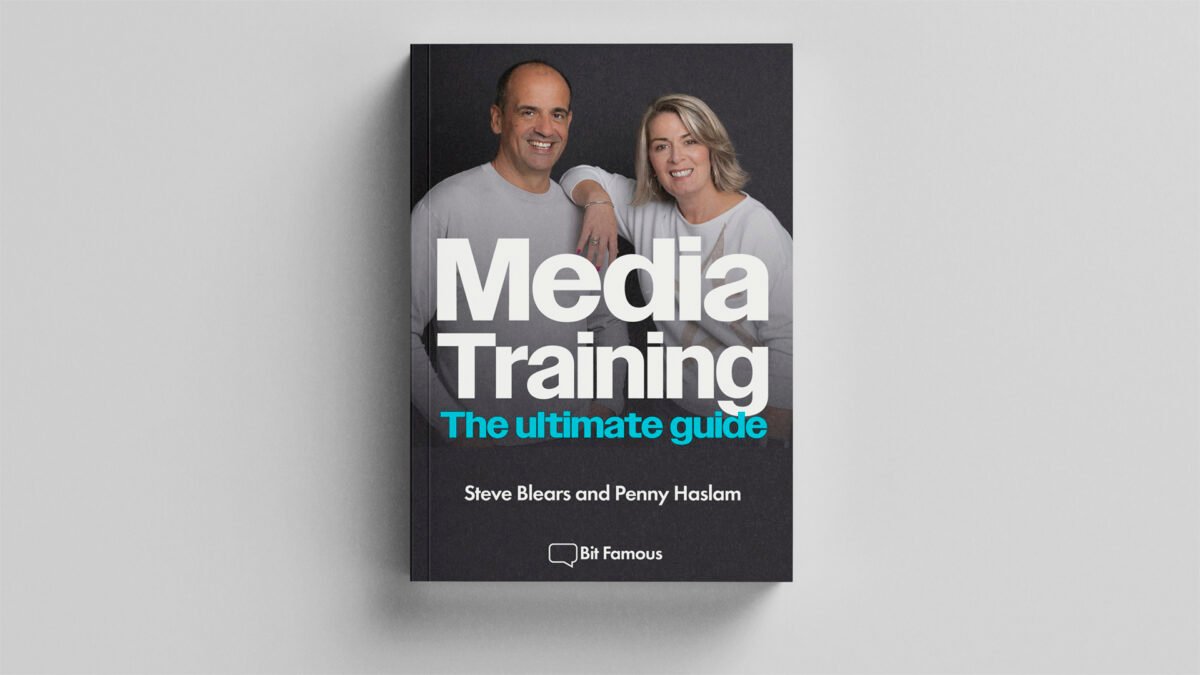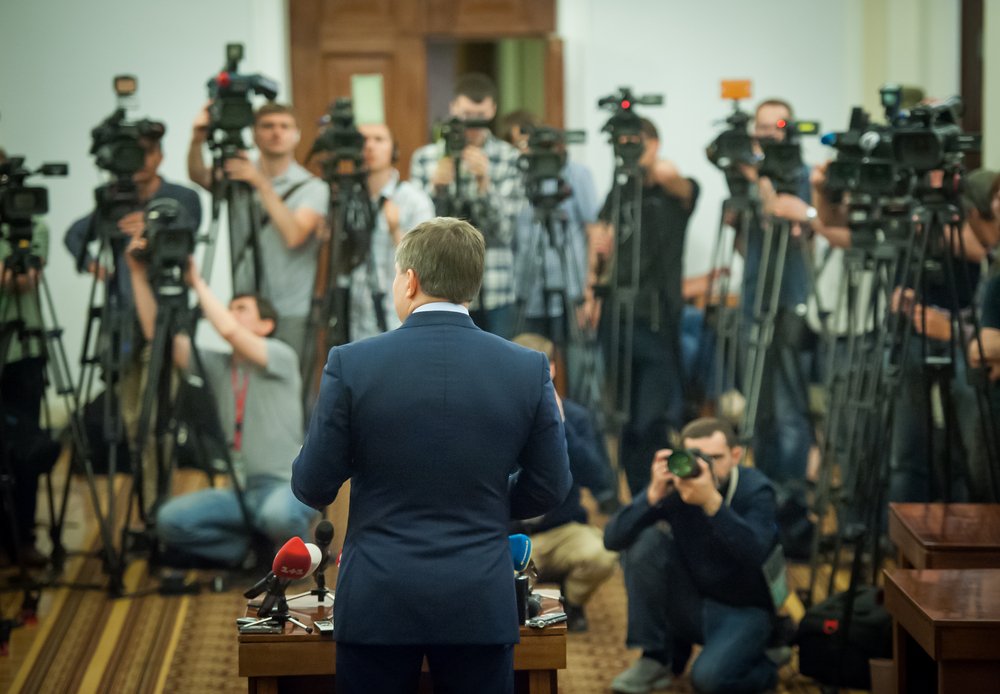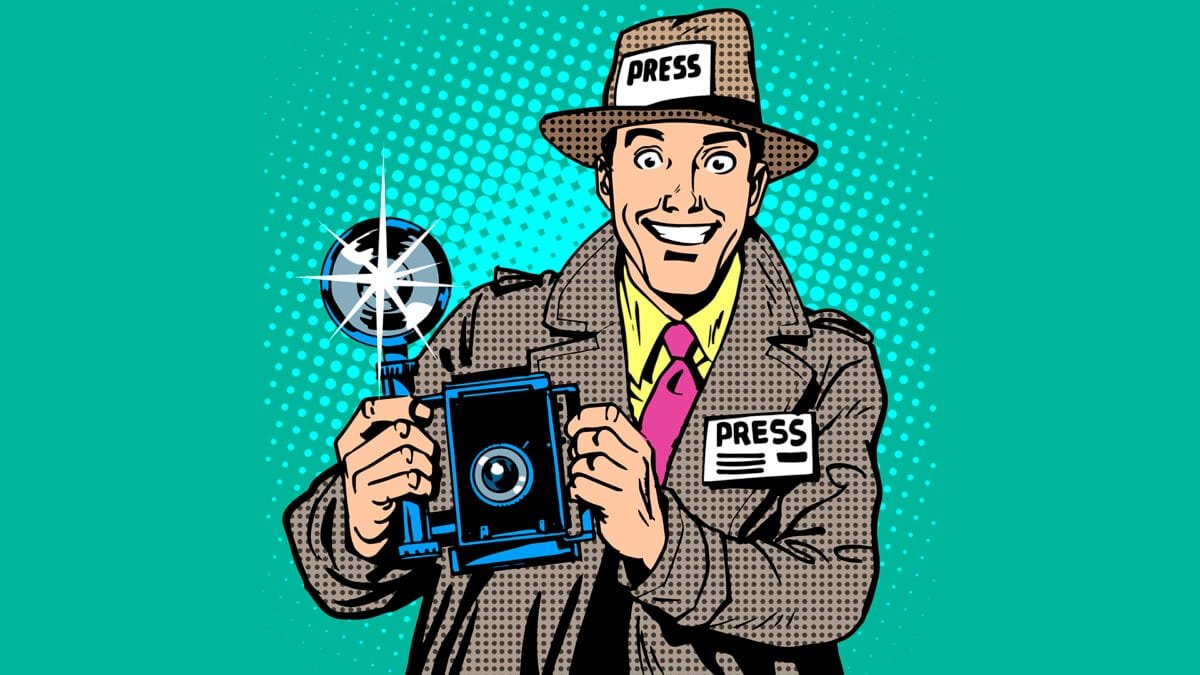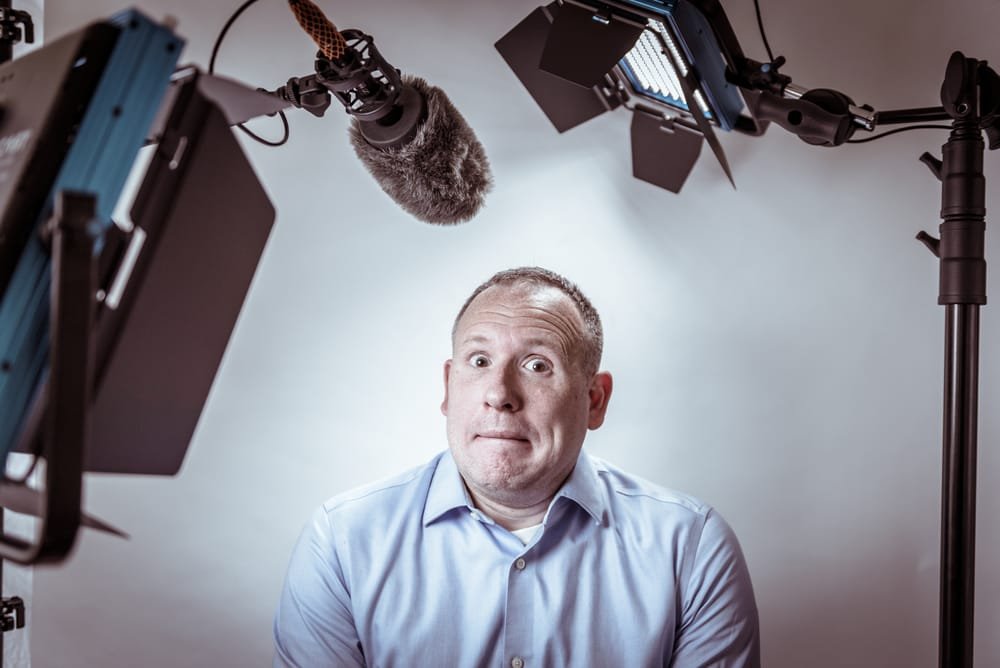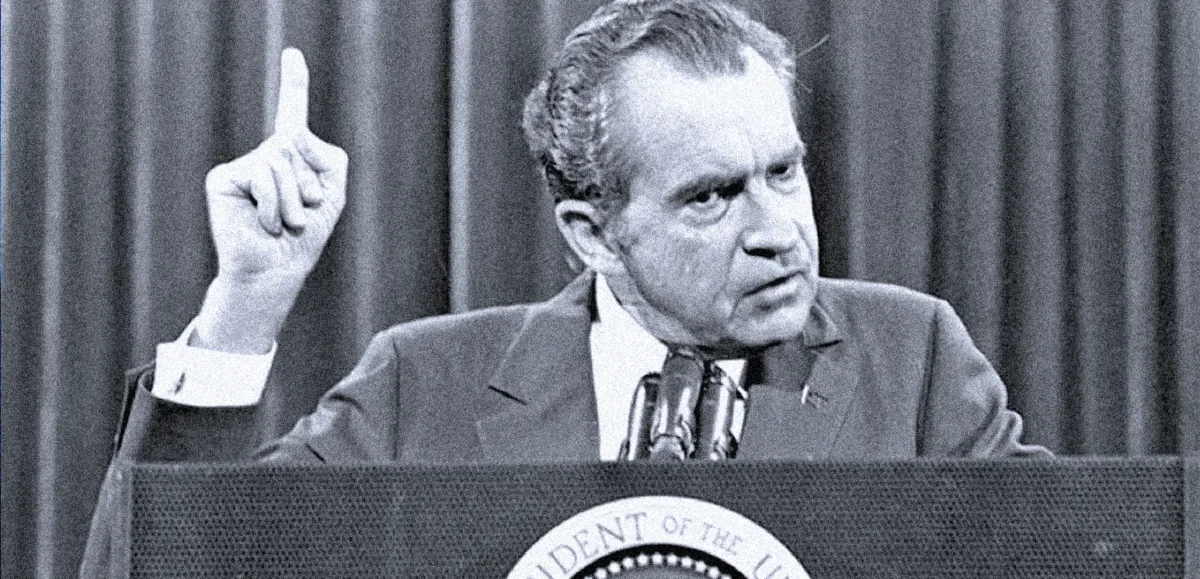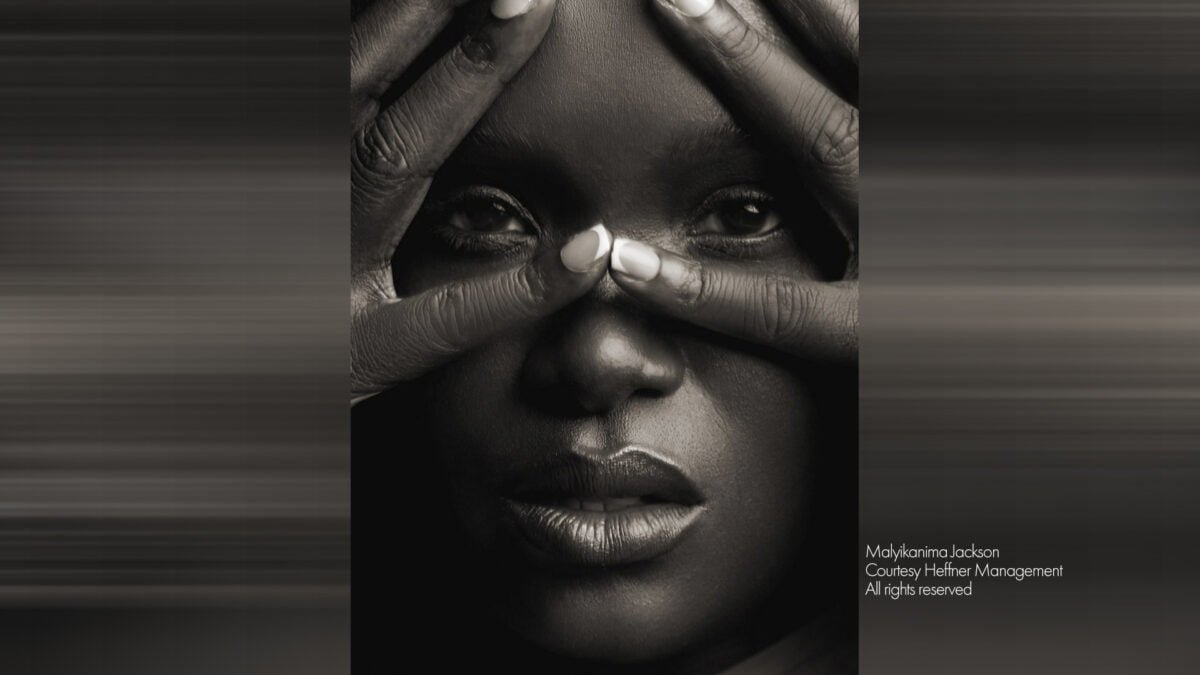Is It time for a media training refresher?
Media training isn’t like riding a bike. You don’t just do it once and expect to stay sharp forever.
If you’ve had media training before, whether it was last year or back when TV screens were still square, you might be wondering,
“Do I really need to do it again?”
Short answer? Probably.
Long answer? Let’s find out.
Media opportunities don’t come along every day. And when they do, you want to nail them – not sit there thinking, Oh no, I should have prepped for this. So, before you find yourself in front of a microphone, take a moment to check in with yourself.
Read through the questions below and be brutally honest. If any of them make you hesitate, it might be time for a refresher.
When Was Your Last Media Training?
Be honest, was it years ago? Did you do a quick one-off session, tick the box, and move on?
We meet plenty of people who had media training in a different job, a different decade, or a completely different world of work.
They vaguely remember sitting through a session, maybe answering a few practice questions and then never touching it again.
And that’s fine, except the media moves fast. The way we communicate, the way interviews are done and even the platforms people use have changed dramatically.
If the last time you had training was before podcasts were mainstream or before LinkedIn became a video-heavy platform, you might be relying on outdated techniques without realising it.
Think about it, if you had media training five years ago and haven’t done an interview since, how much of that training do you think has stuck? Would you feel prepared to speak with confidence if a journalist called you tomorrow?

